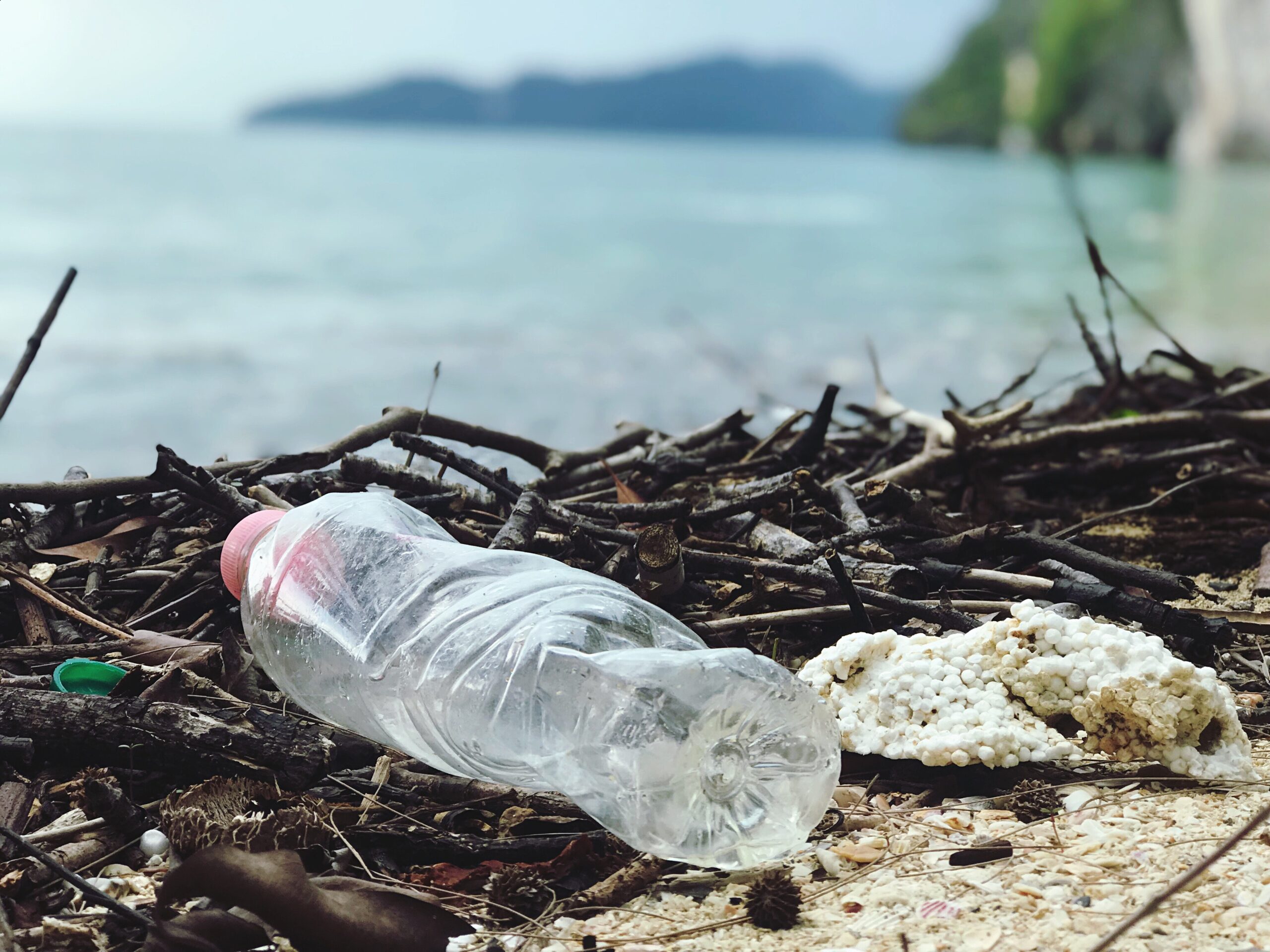Single-use plastics should be banned. Everywhere.
Plastic can break down into millions of microscopic pieces, but it will always be there. According to an article on plastic breakdown by the Plastic Soup Foundation, “All these small particles of plastic never fully decompose and are literally everywhere: in water, soil, and air.”
Microplastics can cause many issues for both wildlife and humans.
Some microplastics are so tiny (hence micro, as in microscopic) they can pass the gut barrier, enter the bloodstream and pass into the organs of both humans and animals. According to a News Medical article on how microplastics affect health written by Dr. Nicola Williams, microplastics can cause or contribute to metabolic disturbance, neurotoxicity, cancer, hormone disfunction, and weight gain.
According to an article from Open Access Government, published in February 2022, microplastics have even been found in newborn babies and placentas.
When humans eat animals that have ingested plastic, they are also ingesting plastic themselves.
Animals, especially aquatic ones, mistake plastic and other litter for food or they accidentally swallow it while trying to consume their next meal. This rubbish builds up in their stomachs and causes them to stop eating because they are full, which causes them to starve to death. According to an article published by Guilford County in February 2021 on the innocent victims of litter, “Researchers estimate that over one million animals die each year after becoming entrapped in or ingesting litter.”
Aside from wildlife, plastic harms the environment. According to an article on plastic leaching toxins by Steinar Brandslet, published by Maritime Executive in January 2022, all 24 common plastic products they tested leached chemicals into the water. Litter can also suffocate plant life which may be a food source to some animals. Additionally, it’s plain ugly to see litter everywhere.
One may argue that despite all these negatives, our society is so dependent on plastic that there’s no way we could realistically get rid of it. Single-use plastic is also ridiculously convenient, especially for lazy and forgetful people. You don’t want to wash your metal travel utensils? Don’t worry, any fast-food place will have some plastic ones. Forgot your reusable shopping bags? The store will have plastic ones for free or five cents depending on where you go.
These few positives do not outweigh the negatives by any means.
Thankfully, many countries and communities around the world have already banned single-use plastics in various forms including New York State, California, India, France, Kenya and the UK.
What plastics are banned and how harshly they are banned in each region is different, but some examples of commercial substitutes include compostable single-use utensils or reusable bags at the checkout available for purchase if you forgot yours.
Plastic is an incredibly versatile material so there is no one-size-fits-all replacement for these polymer materials, but there are many environmentally friendly alternatives. For example, bamboo toothbrushes, solid skin and haircare products, silicone ‘cotton’ swabs and wheat straw toys.
These alternatives can be more expensive up-front than their plastic counterparts, but because they last so much longer, they are usually about the same price or cheaper. There is the added benefit of knowing you are doing your part to help save us and the planet.
Plastic substitutes are more readily available online than in stores, but that is slowly changing as companies follow the demands of consumers who are choosing to purchase environmentally-friendly products.
There is a plethora of eco-friendly options out there that are not only better for the environment, but better for your own health.
The larvae of a darkling beetle called zophobas morio can survive completely on polystyrene plastic, known as Styrofoam. The larvae are a common reptile pet food. Some may believe this means we now have a way to decompose plastic and therefore single-use plastics aren’t an issue and they would be wrong.
This newfound research is still in the early stages and while it will help in fixing the plastic crisis, it will be many years before it is commercialized and industrialized on a scale adequate to make any real impact.
According to the United Nations Environment Programme, about 400 million tonnes of plastic waste is produced every year. That’s the weight of more than 57 million male African elephants.
Organizations like 4Ocean and The Ocean Cleanup are removing plastic from our waterways, but we need to stop adding to their work for it to make a noticeable impact.
Additionally, plastic is made from fossil fuels. According to the Natural Resources Defense Council, fossil fuels emit air pollutants even before being burned. The mining and manufacturing process also contributes to water pollution and deforestation.
Plastic was invented in 1907 by Leo Baekeland and reached mass-production in 1950. Since its invention, we have produced over 9 billion tonnes of plastic and only nine per cent of that has been recycled.
Plastic causes too many problems for us, wildlife and the environment at every single step of its eternal life.

